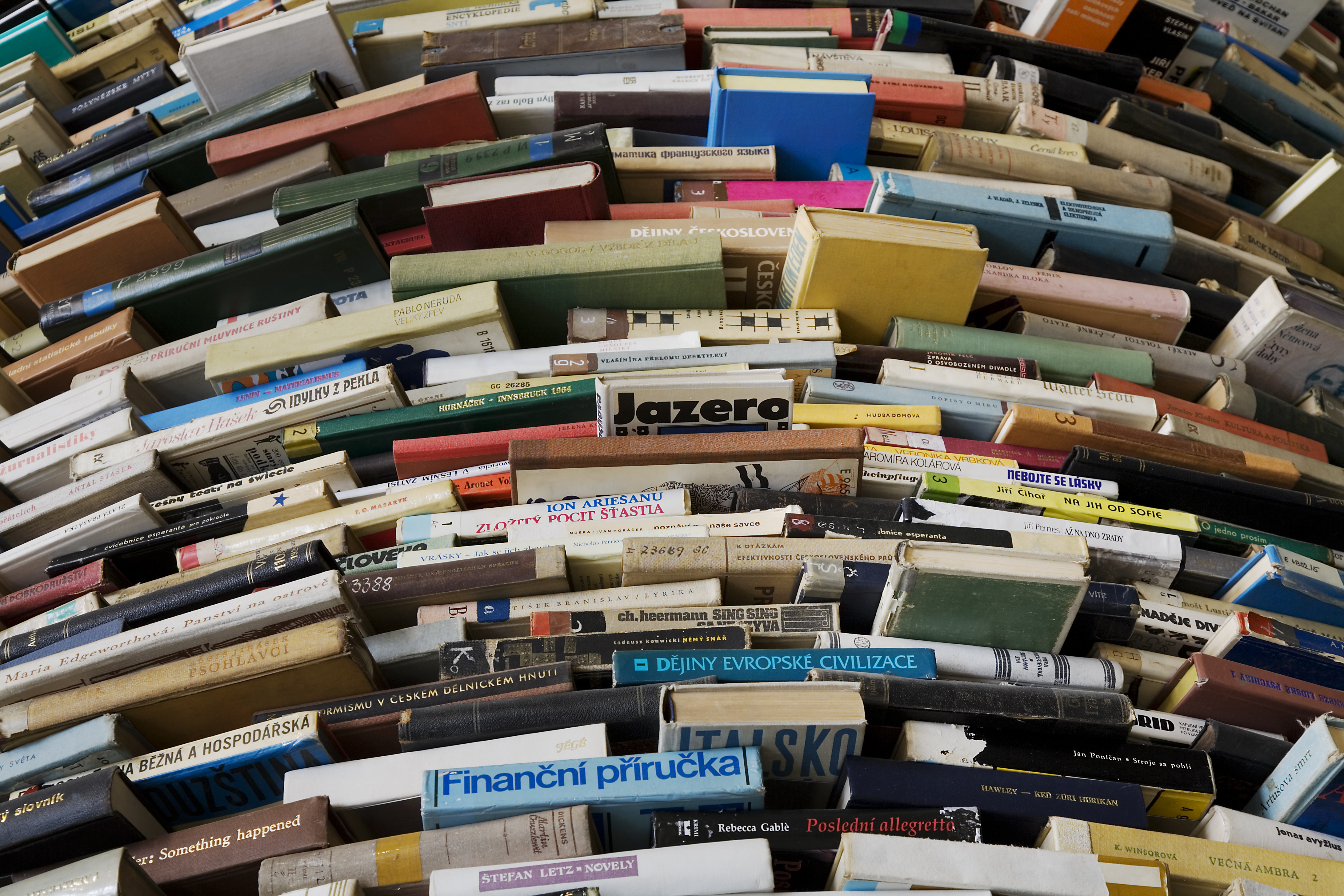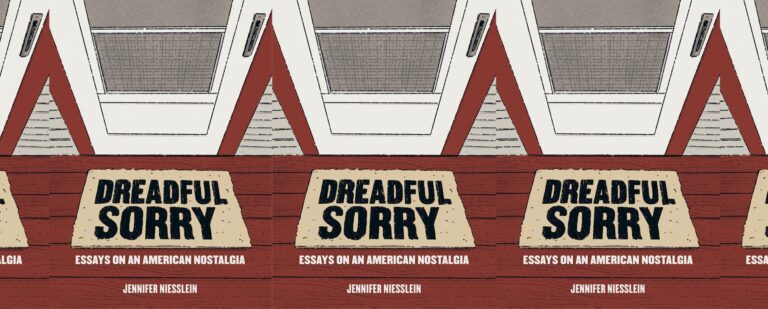Reading All the Things

Ahhh, new books. Nothing like the thrill of the pristine cover, the creaseless spine, the fresh pages free of marginalia, the story inside like a continent yet to be discovered. About a month ago, we bibliophiles had our new books arranged in a perfect mental stack. We contemplated them. We may have even planned the whole year around them, making wonderfully improbable resolutions to “read all of the things,” as internet lingo would put it.
But this year is a bit different for me. I’m working as a teaching assistant in a course on the Victorian novel, and that means I’ll be rereading more books than usual, some even for the third time. Like many bibliophiles, I have an ever-growing mental list called “Books I’m Ashamed I’ve Never Read.” I also have a Geiger counter up there that detects unread books in conversations and in other books and adds them to the list. As a result, I almost never reread unless I’m forced to. But so far, it’s been a nice break to slow down and switch off the Geiger counter for a change. And that’s made me ask myself a simple question: What have I been missing?
So I asked the professor I’m working with how many times she had read the first book of the course–Vanity Fair by William Makepeace Thackeray. She told me she had first read the book as a student, then ended up writing her dissertation on Thackeray, and has taught the book dozens of times since then. But when it came to how many times she’s reread Vanity Fair, she couldn’t say exactly. She said it’s not a question of how many times anymore. She doesn’t always pick it up and read it cover to cover. Instead, she often dips into a scene or even just savors a single sentence. She said she gets lost in things that grab her attention that she had never noticed before.
She also mentioned a quotation from Roland Barthes’s book S/Z that goes like this: “Rereading…saves the text from repetition (those who fail to reread are obliged to read the same story everywhere).” What I like about this quotation is that it turns the idea of reading new books on its head. For Barthes, if we only read books once, we’re repeating the same experience—following the plot, finding out what happens next, anticipating the ending, moving on. We’re not “reading all the things”—we’re only ever reading the same thing over and over again.
Barthes explains that rereading is difficult because when you reread, you are performing a deeply counter-cultural act. He writes that “the commercial imperatives of our society, oblige us to squander the book, to throw it away on the pretext that it is deflowered, so that we may buy another.”
It is easy to forget that there was a time in history when rereading was the norm. Before the explosion of mass reading and industrial printing methods about two-hundred years ago, most people tended to have relatively few books in their homes. The three sets of shelves that are constantly overflowing in my condo would have been an impressive library. Many of these people still read, but they tended to read intensively rather than extensively. We say that familiarity breeds contempt, but I don’t think most readers find that to be the case. Before the time of mass reading, many people still had positive relationships with books; those relationships were just more like deep friendships than one night stands.
Barthes writes that “rereading is no longer consumption, but play,” and that probably says it best. Perhaps in our race to read more and more new books we’re turning all of our reading into just that: a race. But there’s good news for you, especially if you haven’t exactly kept up with those resolutions that seemed so possible just a month ago. You can pull out of the race and spend some time on the playground. The new book you’re looking for is probably already on the shelf—right where you left the old one.
Image credit: © Jorge Royan via Wikimedia Commons


